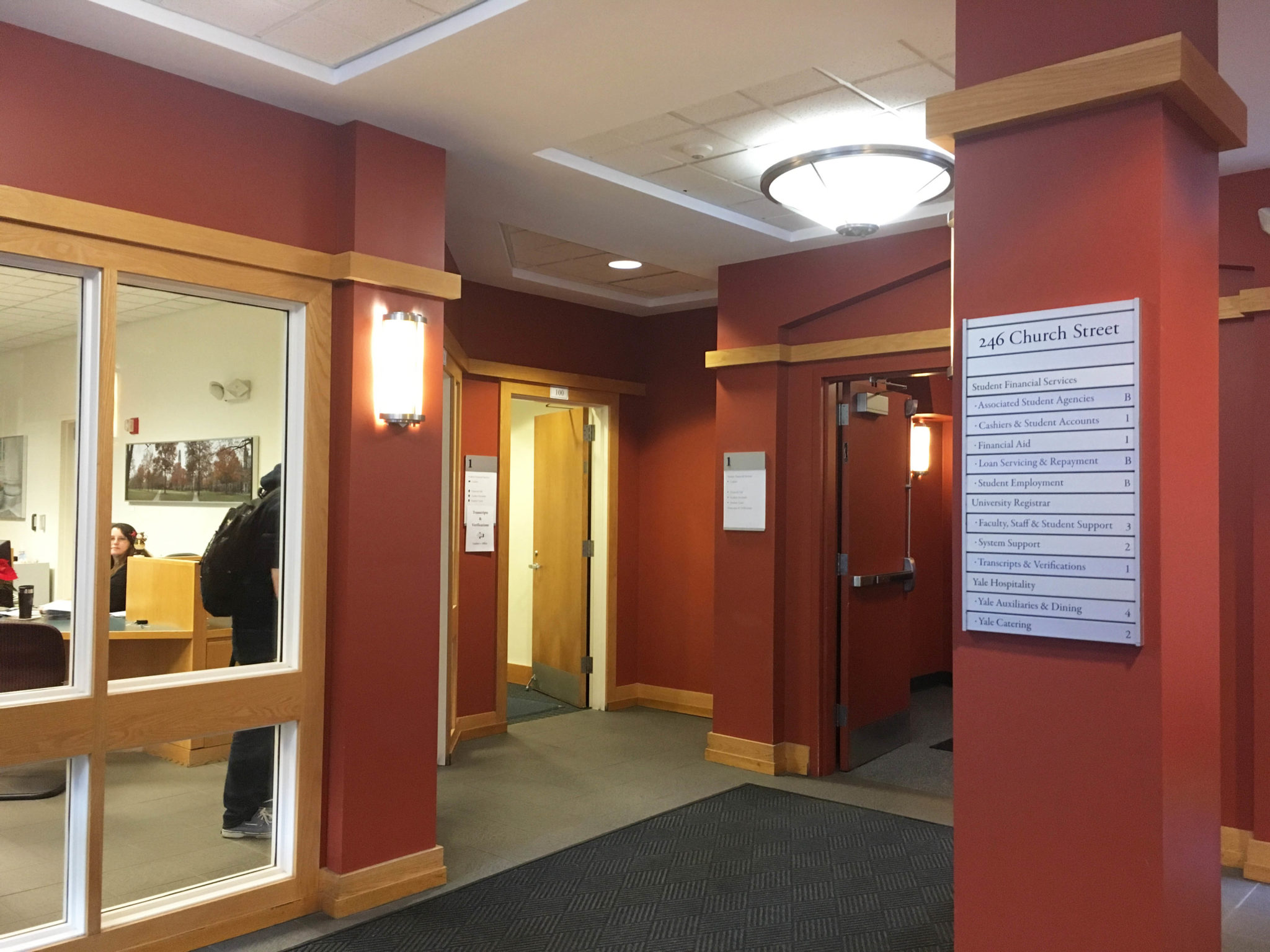
In order to make it easier for students to apply for financial aid, the Office of Undergraduate Financial Aid has changed the language on the financial aid letters to make them clearer and will now allow returning students to receive their financial aid decisions by March 1.
In years past, returning students could not receive their renewed financial aid offer until after all financial aid applications from incoming first-years had been processed — roughly until June. Students will now be able to plan and make decisions about their financial aid sooner. Furthermore, the office has made a “purposeful change” to the language of the award letter “to improve clarity,” said Dean of Undergraduate Admissions and Financial Aid Jeremiah Quinlan.
According to Director of Undergraduate Financial Aid Scott Wallace-Juedes, the office will now focus on returning students on a first-come first-serve basis before looking at first-years’ financial aid applications. This year, there is no set application deadline for students who would like to receive a letter by March 1. Instead, the Office of Financial Aid will review documents on a rolling basis up until that date. However, there will be a “priority deadline” moving forward, Wallace-Juedes said. Wallace-Juedes said that while not all awards will be released earlier, a “sizeable portion” will be.
“What I’m most excited about is the opportunity to work to notify students about their aid award months earlier than before,” said Dean of Undergraduate Admissions and Financial Aid Jeremiah Quinlan. “We hope to give students idea of costs early, so they can plan earlier.”
Quinlan added that the Undergraduate Financial Aid Office has had “very productive” conversations with Yale students about the language on the financial aid letters. In those conversations, he added, “it became clear” that work still needed to be done so that students have a better understanding of their financial aid letters.
Wallace-Juedes said that an example of the new language will be a change in how the letter labels different categories of expenses. On award letters, Yale separates expenses between those that are billed directly to Yale and those expenses which are just necessary to attend Yale — a winter jacket and books, among others. The expenses billed to Yale used to be called “a direct expense,” while those billed to other organizations or companies were known as “indirect expenses.” The new expenses are now known as “billed” and “unbilled” expenses, which makes the distinction clearer, according to Quinlan.
Students interviewed by the News said they were excited about the changes.
“For some people having to find out later, it’s a little stressful because they don’t know where they’re getting the rest of the money from or if there are documents that are missing,” said Joan Agoh ’21. “So I think maybe an earlier deadline might be better in that people have time to figure those things out.”
Some, however, had concerns about the new option adding more stress onto the busy students’ lives.
Camara Aaron ’21 said that although getting financial aid decisions earlier “sounds better,” if it pushes up the process of putting together the necessary documents, “it could be really stressful.”
“I think maybe if it was paired with like, a better notification system, I feel like last year, at the end of freshman year, I hadn’t done my FAFSA, all these little things, because it was just like one email that I got,” Aaron said. “If Yale had a process of being like ‘Hey, please remember to turn in these things by this date’ and regularly did that and then had an earlier deadline, I think it’d be fine.”
Yale’s average need-based scholarship in 2018-2019 is $52,800.
Skakel McCooey | skakel.mccooey@yale.edu
Valerie Pavilonis | valerie.pavilonis@yale.edu







